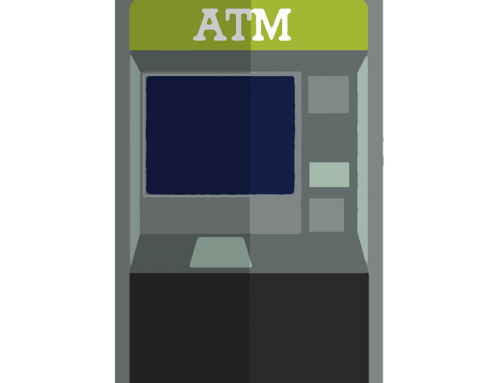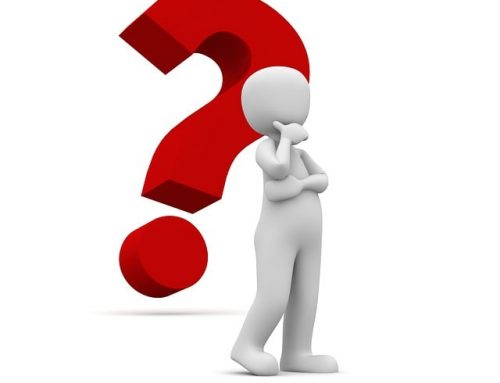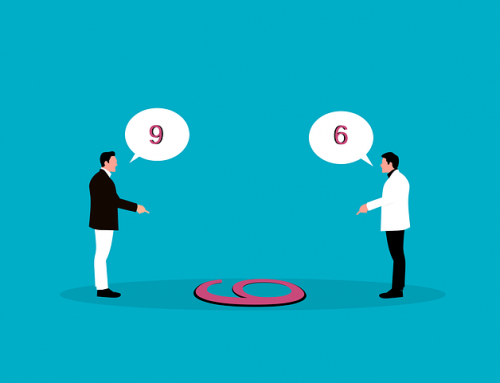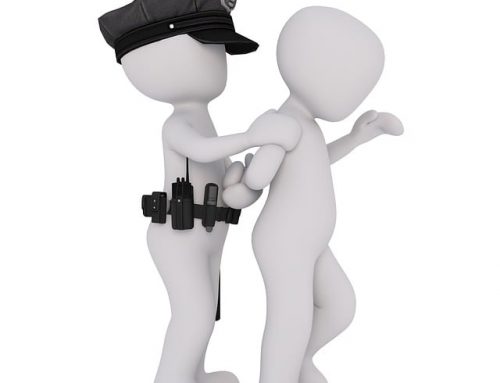When a defendant is arrested and taken into custody, they go through a procedure known as booking and processing. It includes taking the arrestee’s photo, recording their fingerprints, conducting a comprehensive national background check to look for any warrants, and more. The final step in the process is to set bail for those who are eligible.
Most people are immediately eligible for bail once they are arrested. However, in some cases, some arrestees need to go before a judge at what is called a “bail hearing” to determine if the defendant is eligible for release or not. A bail hearing can also be useful for defendants who are already eligible for bail but cannot afford the cost. At a bail hearing, the defendant’s lawyer can make the case to the judge that the defendant needs a lower bail amount because they cannot pay the current cost.
During the Hearing
During the bail hearing, the court will assess the circumstances surrounding the defendant’s arrest and current charges. The court will also take into consideration the defendant’s prior criminal history and history regarding bail (if any). In situations where the defendant attends the bail hearing to get a lower bail amount, the judge will look into the defense’s plea and decide if they agree to reduce bail.
While a bail hearing can be helpful in obtaining bail and/or lowering the cost, it isn’t always so. During the bail hearing while the judge is assessing the defendant’s charges and prior criminal history, the judge may feel the defendant should have a higher bail amount (as opposed to a lower one) to ensure that they return to court at the appointed date and time should they be released before their trial.
Ultimately, a defendant’s legal representation can help them decide how to proceed with a bail hearing (or if they should do so if they’ve already been granted bail). How and when to proceed changes on a case-by-case basis, so it’s important to have legal counsel available before making any big decisions.








Leave A Comment